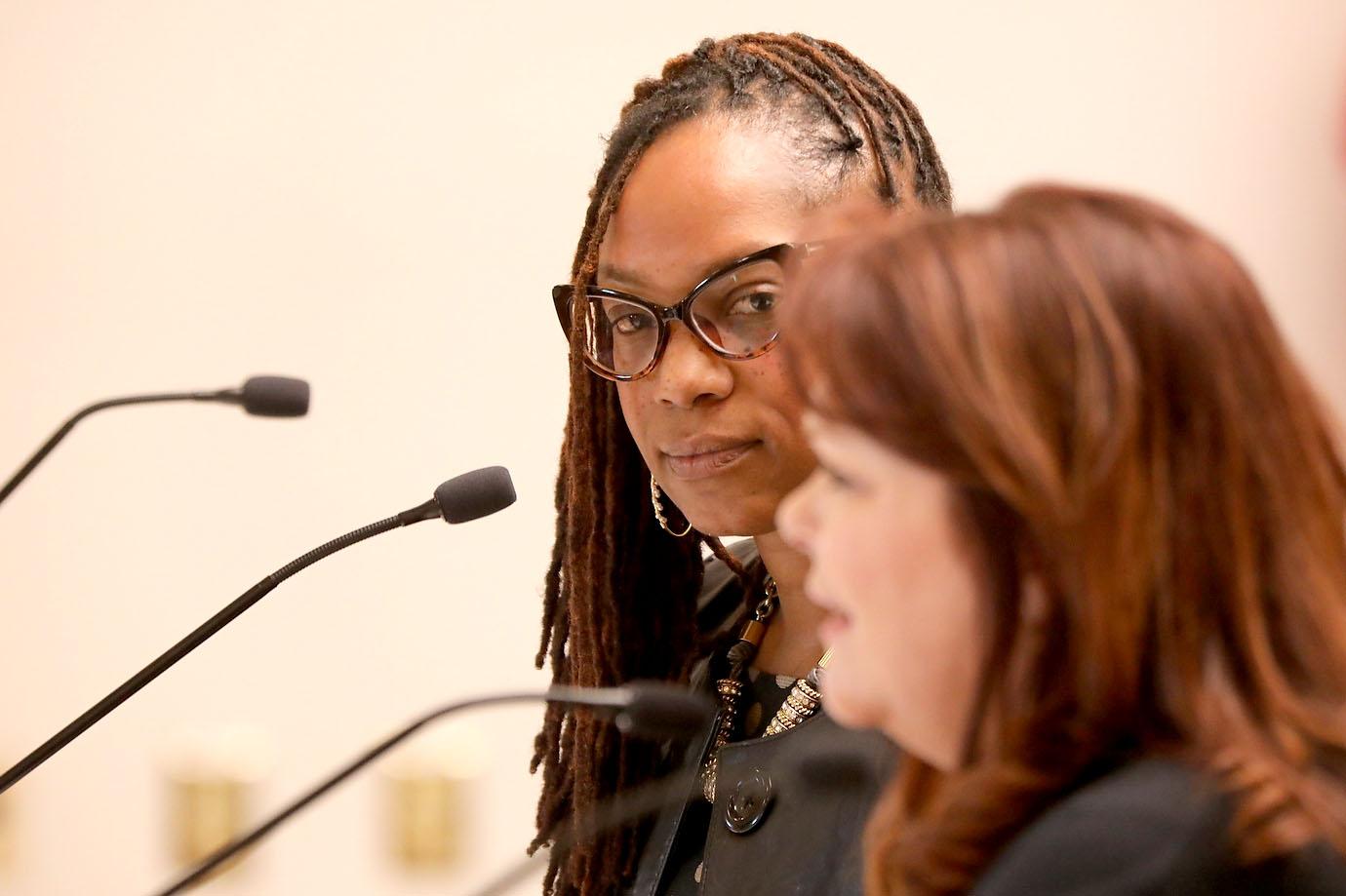
A bill that would repeal the death penalty in Colorado is closer to the governor's desk after it advanced through the House Judiciary Committee on a 6-3 vote.
Even those witnesses who came to the committee's hearing on Tuesday to argue for keeping the death penalty acknowledged they were likely arguing for a lost cause.
"I know that many have already thought about your vote, and decided that this will pass," Maisha Fields said. "I am here to represent victims who didn't want to come here today because of the mere fact of being re-traumatized by telling their story to people who have already decided that their vote is a yes."
Fields’ brother, Javad Marshall-Fields, was murdered along with his fiancée before he could testify in a trial. The two men behind their killings are now on Colorado's death row.
Maisha and Javad's mother, Democratic state Sen. Rhonda Fields of Aurora, is one of the statehouse's most passion defenders of keeping the penalty on the books.
"We have kept people alive who are guilty of committing murder, mass murders," Fields said. "We should maintain justice, and we should maintain the rights of victims and our ability to seek justice."
This is the sixth death penalty abolition attempt in Colorado in recent years. The bill, which is backed by most of the Capitol's Democrats and a few Republicans, passed the state Senate on a vote of 19-13. Gov. Jared Polis has said he will sign it if it reaches his desk.
Among the opponents of the death penalty who testified Tuesday were crime victims, who argued the process is unjust, unfairly applied and can make it impossible to get true closure.
The hearing also attracted lawyers on both sides of the issue, debating whether justice is served if prosecutors use the threat of the death penalty to encourage suspects in heinous murders to accept a plea deal of life without parole.
On a practical front, Denver defense attorney David Lane pointed out that Colorado's process for seeking the death penalty is expensive and time-consuming for all involved. Most defendants are represented by the state, and their defense team is allowed to seek out any and all exculpatory information they can find about their client.
"I, on taxpayer dollars, have spent time doing mitigation investigations in Beruit, Lebanon, in Tegucigalpa, Honduras, in El Salvador, in France, in Belgium, all on taxpayer expense," Lane said. "Because I have to find witnesses who saw my client grow up, who can come into a trial and explain to a jury what this trauma that this young child experienced growing up led to, that led him to be facing the death penalty."
But Chief Deputy DA Ann Tomsic from the 18th Judicial District argued that the state needs the death penalty to emphasize the gravity of certain crimes, like killing a witness, and to provide a further consequence to prisoners serving life without parole who commit further murders in prison.
"To leave the criminal justice system with no ability to defend itself is tragic," Tomsic testified.
The House debate on the death penalty bill is expecting in the next few weeks.
Editor's Note: And earlier version of this story incorrectly identified which District Attorneys testified at the hearing.


















